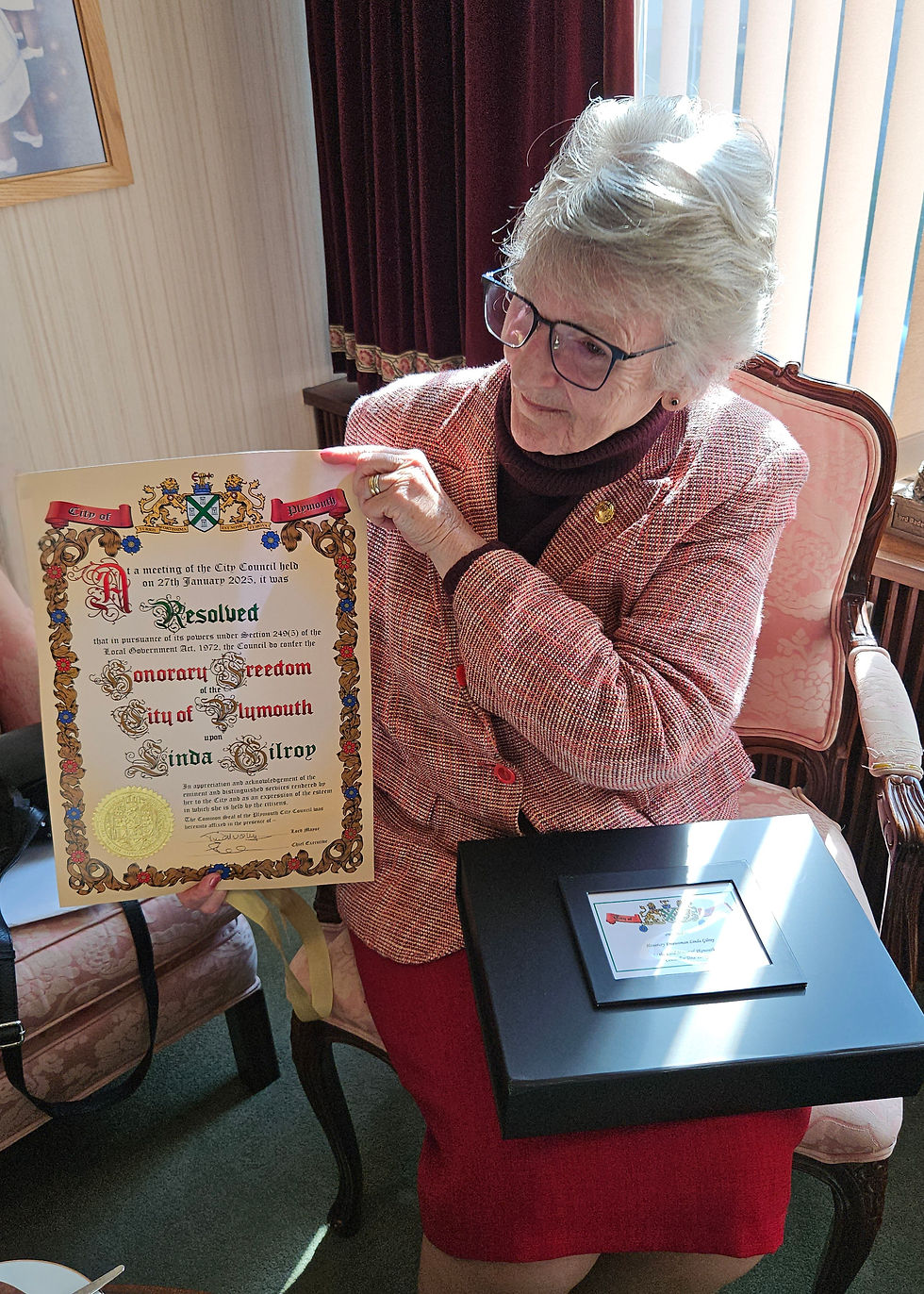Dear Queen
- Linda ✨

- Jan 10, 2022
- 3 min read

The State Opening marks the beginning of a parliamentary session when the Queen formally opens parliament and delivers a speech outlining what the government plans for the coming session in the way of policies and legislation. A high moment in my political life was the 1997 Queen’s Speech when I just managed to squeeze into the chamber of the House of Lords before the bar with other MPs for the first time. Packed tight under the ancient oak gallery, I heard Her Majesty repeat “My government will….” over and over, as she set out our early priorities from the manifesto which would form the programme for our first year in government. I felt a great sense of achievement and responsibility after (for me) a decade of front-line campaigning. At long last, at the end of eighteen long years of our party being in opposition, this was “our government”.
I’ve just finished reading Janet Anderson’s book “Dear Queen” about this first year in government, accounted for in the unique form of her daily report of proceedings at that time. This is something that fell to her as the No. 4 Whip, an appointment which glories in the title of “Vice Chamberlain” of Her Majesty’s Household. Quoting Erskine May, the bible of parliamentary procedure, she tells us that reports were written “traditionally on two sides of A4 paper, finished by 6pm, and then delivered by special messenger to Buckingham Palace. A brisk style is appreciated”. Janet achieves the required brevity with a crispness which, the barely then born, social media has made us much more used to. “Her Majesty has a great sense of humour and warmth that what she wants is gossip and fun” So the reports which capture the daily routine of questions to ministers, the prime minister, statements, private notice questions and debate are peppered with Janet’s dry, sometimes acerbic, sense of humour. The all too frequent, in those days, family unfriendly all-night sittings are recorded with a weary resignation as to the power the opposition then had to harry the government and backbench supporters in this way. This may have made for good opposition politics, but hardly for good government or encouraging diversity in representation or even good scrutiny. Points during such debates were often made repetitively as well as at unnecessary length and were more of a political game than anything approaching good scrutiny. The arguments which those of us put on the All-Party Group dedicated to modernising the House, were often viewed with derision from our own side as well as from the opposition and took far longer to get traction than should have been the case. I suppose today’s equivalent is the fight to try and “keep the good stuff” from the operation of a hybrid parliament developed during the Covid pandemic (part virtual and part in person attendance), which could help further make and keep the occupation of MP a realistic proposition for over half the population. Apparently, the Queen was concerned about how the new women MP’s were faring and Janet’s reports ensured that their contributions featured regularly in her reading.
Dear Queen brings back lots of memories, mostly positive, of the first 14 months of the 1997 Labour Government. It gives insights into what is still the daily bread and butter of being a back bench MP in parliament. Most of all it is an insight into the little-known role of Vice Chamberlain which Janet enjoyed carrying out “with humble duty” for the first fourteen months of the 1997 Labour Government before going on to serve with distinction as a minister in the Culture Media and Sports Department.
https://www.amazon.co.uk/Dear-Queen-Janet-Anderson/dp/0993218385


Comments